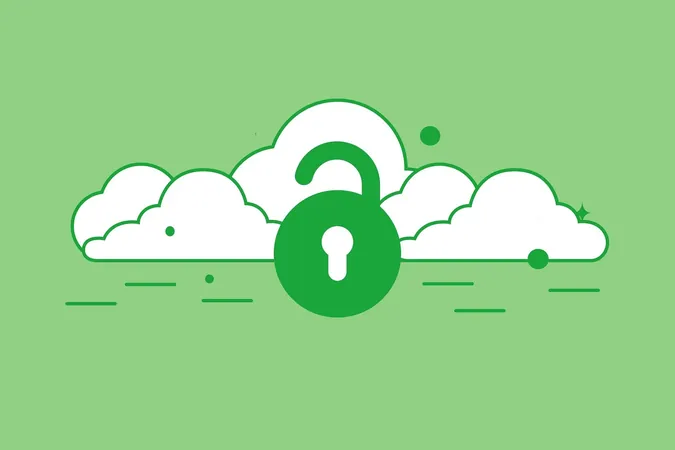
Tech Giants Demand G7 to Standardize Cloud Security for a Safer Digital Future
2024-10-01
Author: Jia
Introduction
In a significant push for global cybersecurity, a leading coalition of tech firms has urged the G7 nations to synchronize their cloud security certification standards. This initiative aims to foster international cooperation and address controversial debates surrounding data localization, which demands that sensitive data remains within national borders.
BSA The Software Alliance's Position
The BSA The Software Alliance—a prominent industry group representing major tech players such as Microsoft, IBM, and OpenAI—asserts that unifying cloud security standards will ease compliance burdens for cloud service providers while ensuring vigorous security measures are upheld. "We urge governments to identify commonalities in their cloud requirements, even when articulated differently," stated Aaron Cooper, Senior Vice President of Global Policy at BSA.
A Shift in Approach
The call for greater harmonization within G7 nations, which include the United States, UK, Canada, Japan, as well as the EU member states—France, Germany, and Italy—could signify a shift in how countries approach cloud security. Cooper expressed hope that this initiative could better illustrate that geographic data restrictions do not necessarily enhance security. However, he emphasized that while cooperation is the goal, the proposal does not specifically target the localization debate.
The Rise of Cloud Computing
The rapid growth of cloud computing, propelled by the surge in artificial intelligence capabilities, has transformed traditional computing dynamics. With many companies lacking the resources to maintain their own data infrastructure, reliance on cloud services has become increasingly prevalent. As cloud solutions become more integral, governments around the world are responding by establishing their own certification requirements, aimed at addressing risks such as cyberattacks and data breaches that come hand-in-hand with expansive cloud adoption.
Geographic Restrictions and Delays
Nonetheless, some G7 nations, notably France, are advocating for stringent geographic restrictions on cybersecurity standards to protect national interests. This stance has resulted in significant delays regarding the European Union's long-awaited cybersecurity standard, known as EUCS, with many EU member states opposing France's position.
BSA's Call for Collaboration
BSA has voiced its dissent against such geographic mandates, instead pushing for enhanced collaboration among cybersecurity authorities within allied nations. By working together, these countries could potentially enhance market accessibility for cloud providers while offering consumers a broader selection of secure cloud services.
Conclusion
The implications of this call for standardization are profound. If successful, it could reshape the landscape of cloud computing not just in the G7, but across the globe, ushering in a new era of secure digital infrastructure that promotes innovation and international collaboration. As we move into an increasingly digitized future, the stakes have never been higher for unified, robust cybersecurity measures.



 Brasil (PT)
Brasil (PT)
 Canada (EN)
Canada (EN)
 Chile (ES)
Chile (ES)
 Česko (CS)
Česko (CS)
 대한민국 (KO)
대한민국 (KO)
 España (ES)
España (ES)
 France (FR)
France (FR)
 Hong Kong (EN)
Hong Kong (EN)
 Italia (IT)
Italia (IT)
 日本 (JA)
日本 (JA)
 Magyarország (HU)
Magyarország (HU)
 Norge (NO)
Norge (NO)
 Polska (PL)
Polska (PL)
 Schweiz (DE)
Schweiz (DE)
 Singapore (EN)
Singapore (EN)
 Sverige (SV)
Sverige (SV)
 Suomi (FI)
Suomi (FI)
 Türkiye (TR)
Türkiye (TR)
 الإمارات العربية المتحدة (AR)
الإمارات العربية المتحدة (AR)